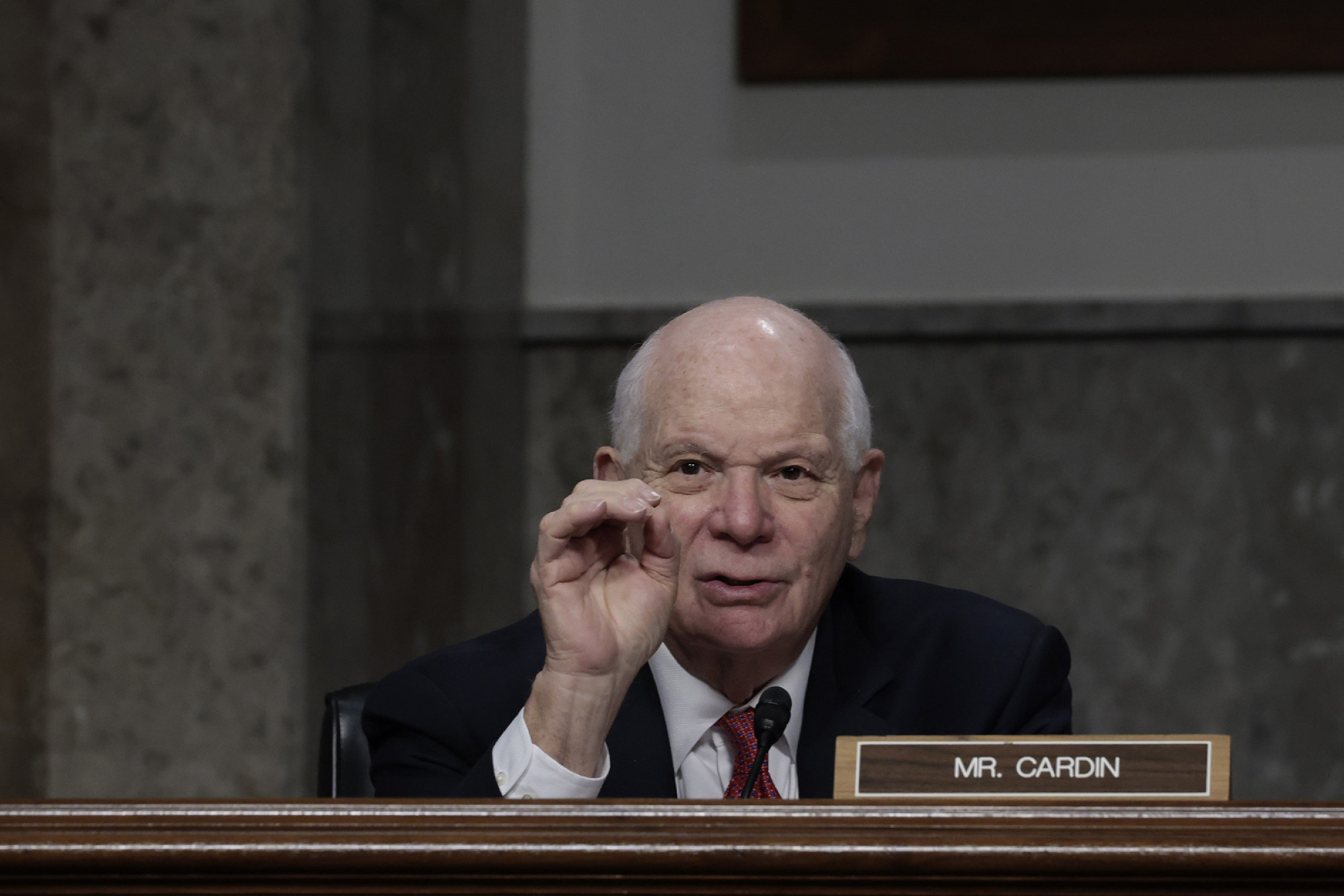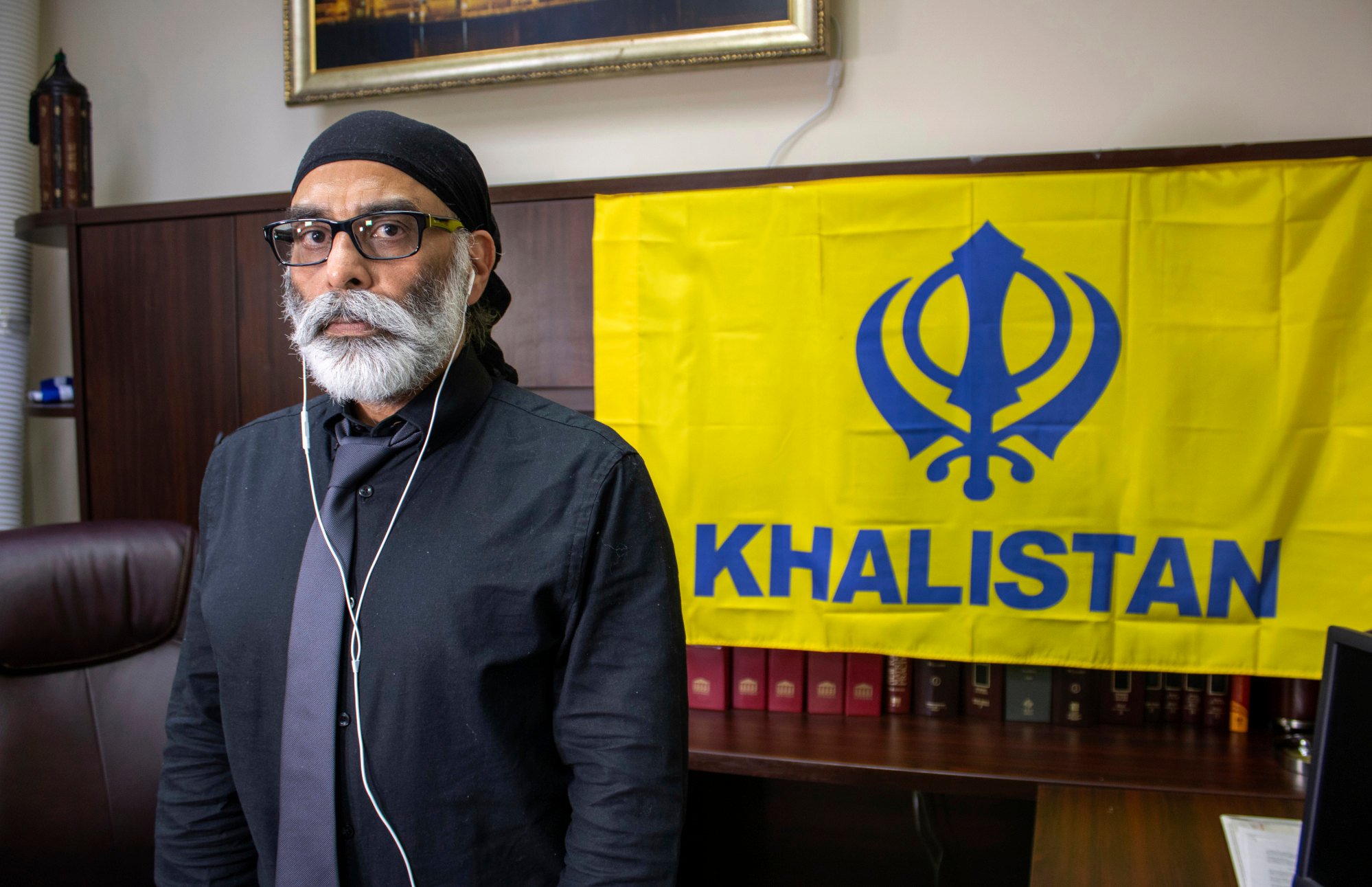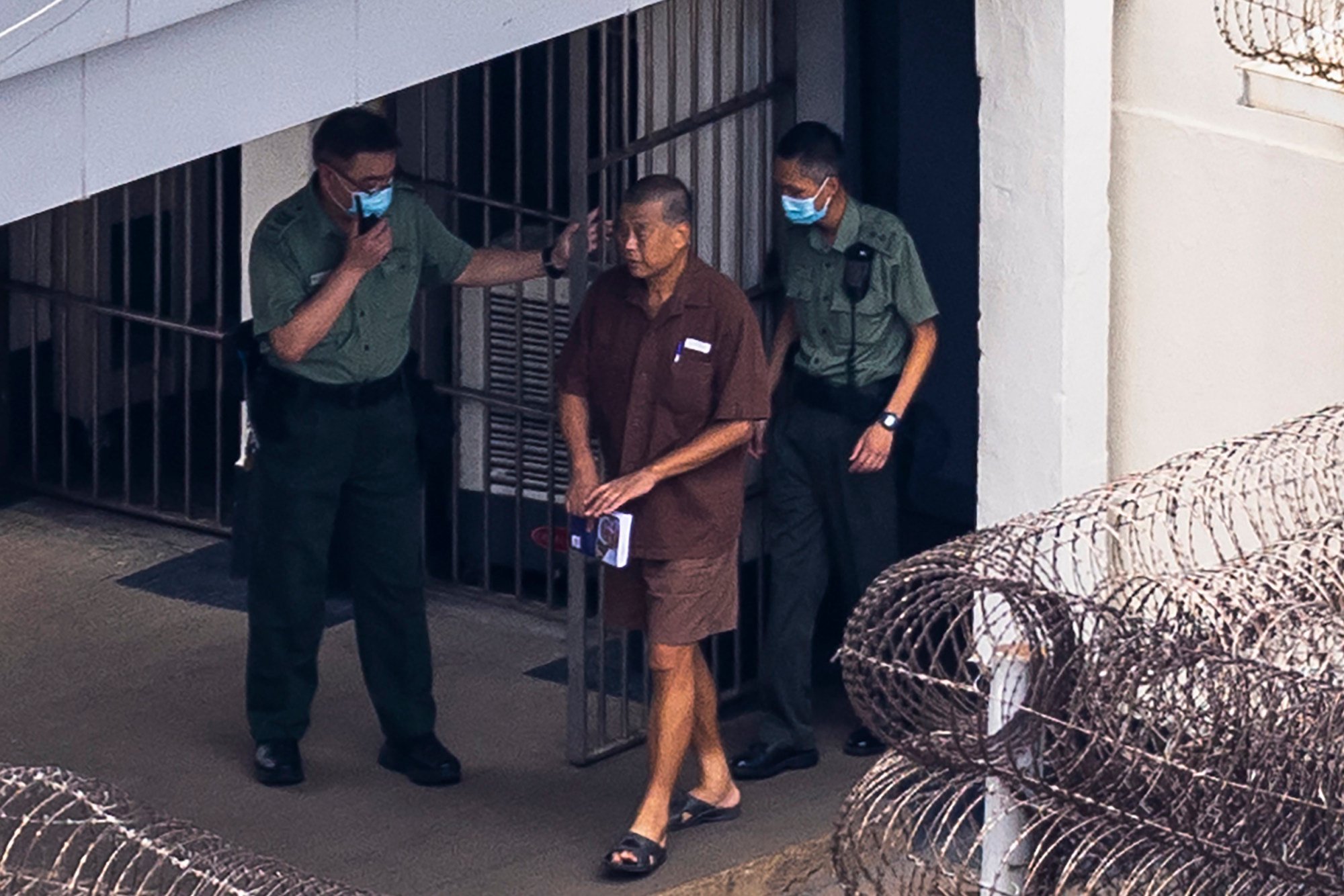India included in US lawmakers’ hearing on targeting of dissenters abroad
[ad_1]
“This is a deadly serious threat to the safety of diaspora and exile communities,” he noted.

Senator Tim Kaine, a Democrat from Virginia, described the accusations that New Delhi has targeted Sikh separatists as “highly disturbing”.
“We often say we’re the oldest democracy in the world and India is the largest democracy in the world. This is not the behaviour of a respectable democracy,” he said.
“We’re dealing with a nation that we have such strong connections to. We have military connections, economic connections, our Indian American diaspora community in the United States is such an important part of who we are as a country,” he added.
Last week, the Department of Justice announced charges against Nikhil Gupta, 52, an Indian citizen accused of murder for hire and conspiracy to commit murder for hire.
As part of the indictment, prosecutors said that an Indian government official, described only as a “senior field officer”, had directed Gupta in an alleged plot to kill a Sikh American activist living in New York, Gurpatwant Singh Pannun, who supports the secession of Punjab from India.

Similarly, in September, Canadian Prime Minister Justin Trudeau suggested that “agents of the Indian government” could be behind the assassination of Canadian Sikh separatist leader Hardeep Singh Nijjar, who was fatally shot in Vancouver in June.
Representative James Risch, a Republican from Idaho and the committee’s ranking member, mentioned both India and China in his opening remarks on Wednesday.
“Governments who have gotten away with silencing dissidents inside their own country are now trying to stifle free speech around the world, including the United States,” he said, citing the federal indictment of an Indian government official in the alleged murder-for-hire plot.
Risch, however, emphasised that China was the global leader in employing transnational repression to quash dissent.
Senator Chris Van Hollen, a Democrat from Maryland, suggested that the US could use a “little-known” provision in its arms export controls against nations that engage in “this kind intimidation”, without naming India.
As Biden deepens India ties, possible Trump return looms over US ally
As Biden deepens India ties, possible Trump return looms over US ally
In recent years, Washington has deepened its defence cooperation with New Delhi to wean it off its arms dependence on Moscow and counter China’s growing military might.
Last month, the US and India agreed to discuss co-production of Stryker armoured vehicles, a family of eight-wheeled armoured vehicles that can transport infantry and use different weapons, engineering and electronic systems.
In June, after hosting Indian Prime Minister Narendra Modi at the White House, Biden agreed to allow US-based General Electric to jointly produce F414 jet engines with India’s Hindustan Aeronautics. India also expressed interest in buying 31 MQ-9B drones worth US$3 billion.
Michael Abramowitz, president of Freedom House, a non-profit advocacy group in Washington, appeared before the panel as a witness and said that “whether a government engages in transnational oppression should be a factor a significant factor, determining the nature of bilateral relations and the closeness of any partnership”.
He also said the US should not hesitate to raise the issue “directly at the highest levels” with countries “even when those perpetrators are close partners such as Saudi Arabia and India”.

Another witness was Caoilfhionn Gallagher, international legal counsel to the imprisoned Hong Kong media mogul Jimmy Lai, who accused the Chinese authorities of harassing her and her team with death and rape threats.
“I woke up this morning to 17 different rape and death threats on a day when I’m giving evidence before this committee,” she told the panel, claiming a “misogynistic and sexist, distressing and frightening” campaign of hacking attempts and cyber harassment.
She made similar allegations earlier this year of receiving threat from “multiple spurious impersonating emails”.
The Chinese embassy in Washington declined to speak about her allegations, and the Hong Kong representative office in Washington did not respond to a request for comment.
Lai, who turns 76 this week, is the founder of the now-defunct Apple Daily newspaper. He faces charges of sedition and conspiracy to collude with foreign forces for allegedly calling for international sanctions against Hong Kong and central authorities and inciting public hatred in the wake of the city’s anti-government protests in 2019.
Having spent nearly three years in custody, Lai is scheduled to stand trial at Hong Kong’s High Court starting on December 18.
[ad_2]
Source link

